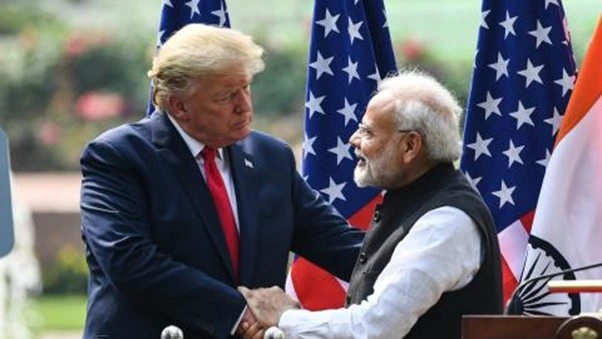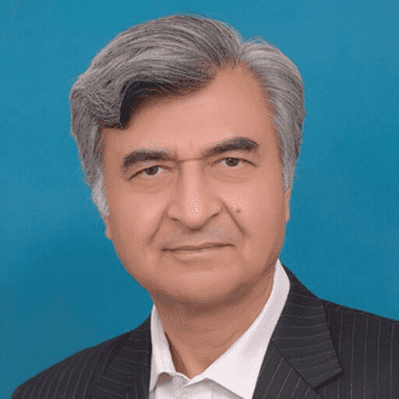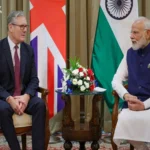As India prepares for a major achievement in its relationship with the United States, the two-sided approach in New Delhi’s diplomacy has become very clear. Captain Shukla’s launch from the Kennedy Space Centre, a sign of how Indo-US space collaboration is going strong, points to the strong future of this partnership. Nevertheless, under the surface of togetherness is a clashing issue: as India appreciates American technology and science, some of its politicians boldly criticize America for not adhering to India’s preferred stories, mainly when it comes to important regional topics. Such inconsistency not only causes diplomatic confusion, but also really affects the trust and respect needed in such relationships.
The victory of Shubhanshu’s mission is a point of pride that proves India can be a major name in space, with the help of the United States in the field. As well as serving as a place where amazing technologies are made, NASA’s Kennedy Space Centre stands for years of commitment to discovering and exploring space, and India has greatly participated by joining missions, carrying out research, and collaborating on technology with them. Such projects portray India as a country that strives to improve through science and works closely with the most advanced nations across the world. Still, this story gets less clear when within the country, some groups that favour the government show a hostile attitude to American leaders, mainly by critiquing Presidents who disagree with India over the sensitive Kashmir’s Pehalgam region.
This behaviour is not only political talking; it represents an increasing tendency to handle international issues within the scope of national politics. Diplomacy relies on managers being consistent, cohesive, and having a look ahead of next elections. The different ways India reacts to American space achievements and political leaders proves, there is instability in their strategy. Is it realistic for a nation to condemn the US President and at the same time appreciate its aerospace field? This answer must be a no. As a result of all this, India’s reputation abroad is damaged and its real intentions in forming partnerships with other nations are muddled.
Since the world is so connected and interrelated today, India needs to handle and guide its international relations with caution and understanding. It is important for global leaders to have principled and unchanging diplomacy, not only opportunistic partnerships. Now, India must choose either it behaves responsibly by keeping its foreign policies coherent and keeping its international partners on good terms, or it continues to misuse relationships to gain political advantages at home and then turns aggressive when things don’t suit what its politicians want. Putting politics before trade now is a short-minded choice, posing more problems than benefits as trust in geopolitics is hardly existing now.
The partnership between India and the US has turned into one that covers defence, trade, technology, and a common belief in democratic values, not only simple transactions. A true partnership between people requires honesty and appreciation for all. Respect is necessary in collaboration, since the differences within each country’s politics should be respected and not lead to disagreements affecting the relationship. Thus, those in charge in India should act thoughtfully, since attacking America’s leaders while relying on American institutions can cause diplomatic disagreement.
Building a true partnership requires teamwork, keeping things clear, and always being guided by what is right. India’s position as a respected global power will grow only if it deters itself from political hypocrisy. At the same time as highlighting cooperation, denigrating US political figures unexpectedly sends confusing messages to the whole world. Both India’s foreign diplomacy and strategic behaviour should closely match to ensure a link based on common interests instead of the country’s shifting political climate.
It is not possible for India to adopt two opposite approaches in its intention toward the United States. The nation must be truthful in considering that technology and space cooperation are just as important as normal diplomacy in their bilateral connection. As Group Captain Shukla is set to travel to space from the Kennedy Space Centre, India can use this opportunity to highlight that its relationship with the US, appreciates more than publicity. Hypocrisy should not appear in diplomacy, and if India wishes to be respected around the world.








